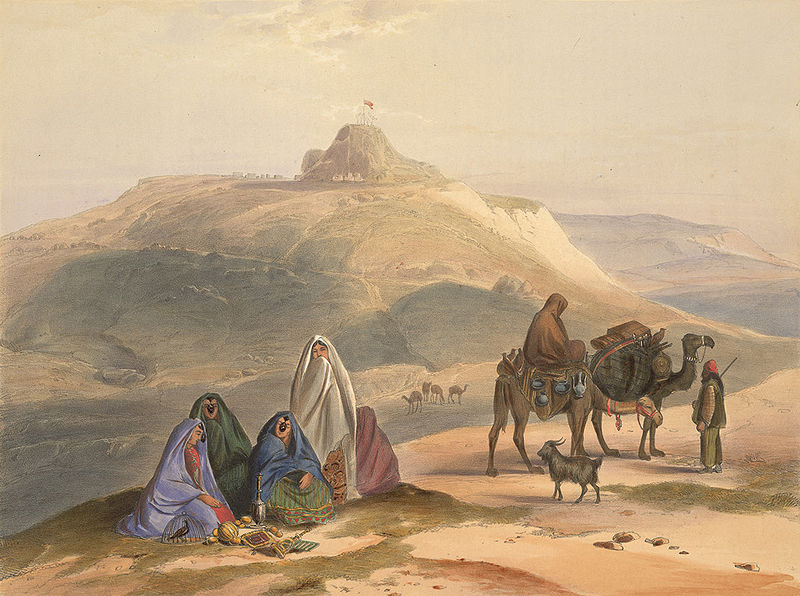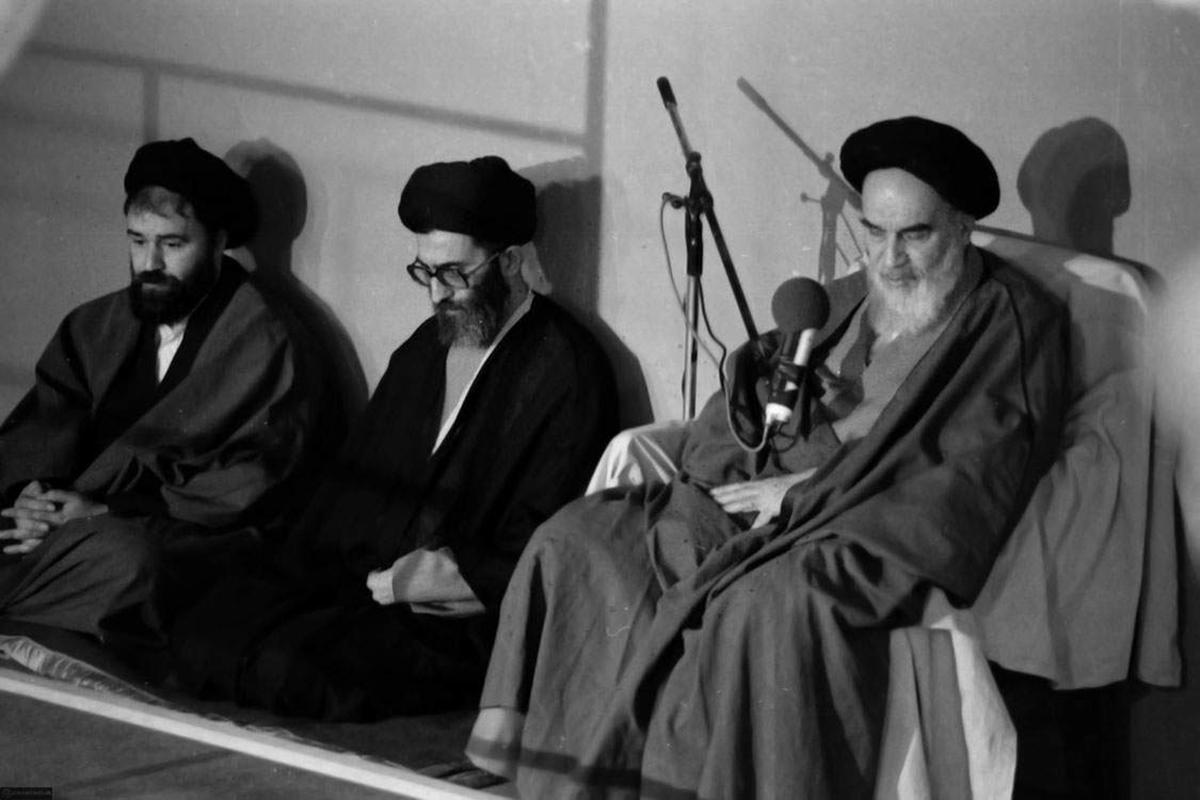Top Stories
A 'Noble Savage' Speaks Up
There is this fantasy in the West, the fantasy of the noble savage. It is an old fancy and goes all the way back to that puritan, proto-communist, Thomas More.

At the height of Islamist terror in 2015, an American radio station contacted me. They asked me whether I wanted to comment on the fact that the media appeared to be paying more attention to terror attacks in Europe than their counterparts in the Middle East. Could it be that the media knew that people were not going to tune in to listen to the news of attacks in places like Baghdad and Beirut? What was it about American culture that made the people sympathize with Paris but not with Beirut?
I responded that yes I would be happy to comment but by the time I answered the email, it was already too late and I had missed the slot. I felt relief because had I been on air, I would have said things that would not have been expected of me. The truth is that my conscience was troubled because I could no longer bring myself to guilt-trip the people of the West for not being emotionally egalitarian. This piece of writing is testimony to the fact that it took me nearly two years to gather my courage and air in public what I had intended to tell the radio station.
So here I share with you what I thought but did not have the chance to say then.
Given that the question was about the secular sin of disparity, in this case disparity of attention which implied disparity in compassion, it was clear that the role assigned to me was that of the admonisher from the East who acts as the voice of conscience for the West. I suspected that I was expected to tell the mostly atheists and yet strangely presumed sinful people of the West that they had failed to be emotionally correct; which is to say, emotionally egalitarian. They had neglected to show exactly the same amount of grief for Beirut, a city that meant nothing to them, as they did for Paris, a city that meant something to them.
Needless to say, the accusation that Western hypocrisy was at work in this emotional disparity was already implied in the framing of the question. The verdict of guilty had already been decided. All they needed was a person of Muslim background to add credibility to their own self condemnation. For reasons that are still beyond me, the station believed that for moral guidance, the emotionally incorrect Westerner needed to look at the Muslim world of all places. As if it is the Muslim world that is known for good governance, equality of opportunity, human rights and not the other way around.

How can we make sense of this?
There is this fantasy in the West, the fantasy of the noble savage. It is an old fancy and goes all the way back to that puritan, proto-communist, Thomas More. He was the one who had read too much into Amerigo Vespucci’s letter about the people of the New World. In Vespucci’s account, these people seem what we today would call today laid back and playful. They have an interest in aesthetics and given that they mention enemies, there is also a warrior side to them. In other words, they seem like a balanced people. More was inspired by Vespucci’s description of their Edenic existence in nature and outside history. So they entered his imagination. But there, inside More’s mind, the balanced people described in Vespucci’s letter were transformed, becoming dreary and high-minded, a bit like More himself.
Something like that was going on with the radio station. I suspected that I was the postmodern reincarnation of the noble savage. I was born and raised on faraway shores which meant that I was bound to be unpolluted by the West and ergo, still in possession of my ‘natural’ wisdom. Just like the noble savage of yore. What other explanation was there for asking a person raised in Afghanistan, one of the most corrupt places on earth, to play the role of the West’s voice of conscience? Was the West deaf to its own voice of conscience? Given the bizarre request, yes, it clearly was.
What do you do when a masochist asks you to hurt him? Today I would say that the answer is, you don’t. I heard the masochists’ siren call, oh wretched of the earth, give us today our daily dose of guilt and forgive us our sin of emotional incorrectness. The call to self-righteousness is still tempting, but if I can resist it today–and what’s more, speak my own truth—it’s because of what my Western education has taught me. I listen to my own voice of conscience and it says clearly and firmly, niet, nope, no way. The truth, after all, is the other way around. The West does not owe me an apology. It is I who owes the West gratitude for saving me from the jihad in Afghanistan.
The small act of sabotage I am committing with this short article is bound to disappear like a dew drop in a vast ocean. For even though ISIS and their like attack the West for the sin of disbelief, there’s no shortage of secular priests on these shores. Out there in the purgatory of the social media, the gods of Twitter watch as the average Westerner is grabbed by the scruff of his neck and reminded to display the correct emotion, a sad face here, a little heart there and a bit of correct fire and rage just over there.
I felt relief at missing the radio slot because I felt sorry for the average bedraggled Westerner whose attention and compassion is demanded by an ever-increasing number of smaller grievance groups. I couldn’t admonish her for being sane and not loving the faraway cities of the Middle East as much as she loves her own city of birth. Fellow feeling for one’s compatriots is not a crime, not even a moral one. And no, I couldn’t ask the people of the West to keep stretching their love so that it covers the people of the entire planet. Not only because love is not an elastic band but also because, to be fair, the rest of the world doesn’t reciprocate. If they do, they are often too ashamed to say so in public and those who do overcome this shame end up risking death. What’s more, even though the secular religion of egalitarian love demands that the people of the West love everyone—absolutely everyone—an exception is made when it comes to loving themselves.
No, it was not right. Not only because it was unfair, but also because when I listened to the wording of the radio request, I started to hear something else, too: the distinct grinding sound characteristic of the emotional engineering machine tucked away in the dark cellar of the Internet’s collective subconscious.
So now the noble savage has spoken, but it’s not what More’s heirs want to hear.






